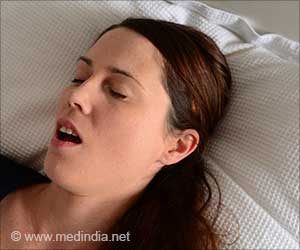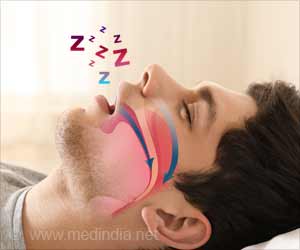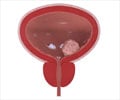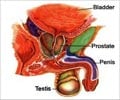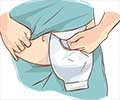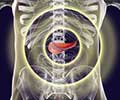Introduction to Sleep Disorders
Natural sleep is as important as diet and exercise. Some individuals who feel tired all day may truly have a sleep disorder, although others could also have a problem, as they not allow themselves to get enough sleep.
An adult needs about 7-8 hours of sleep every night to rest well. However, in reality, an average adult generally gets less than 7 hours of sleep every night.
Sleep disturbances, if not addressed, can impair our ability to work, drive, participate in social activities, and generally improve our overall quality of life (1✔ ✔Trusted Source
Sleep Disorders
Go to source).







